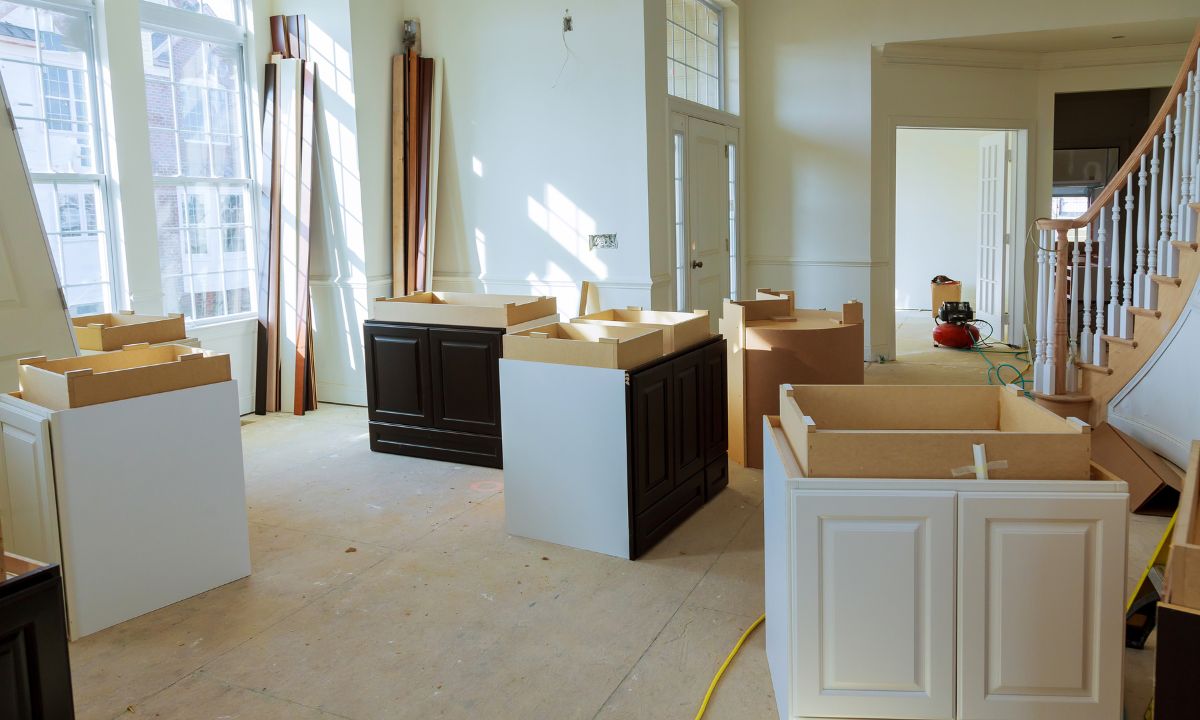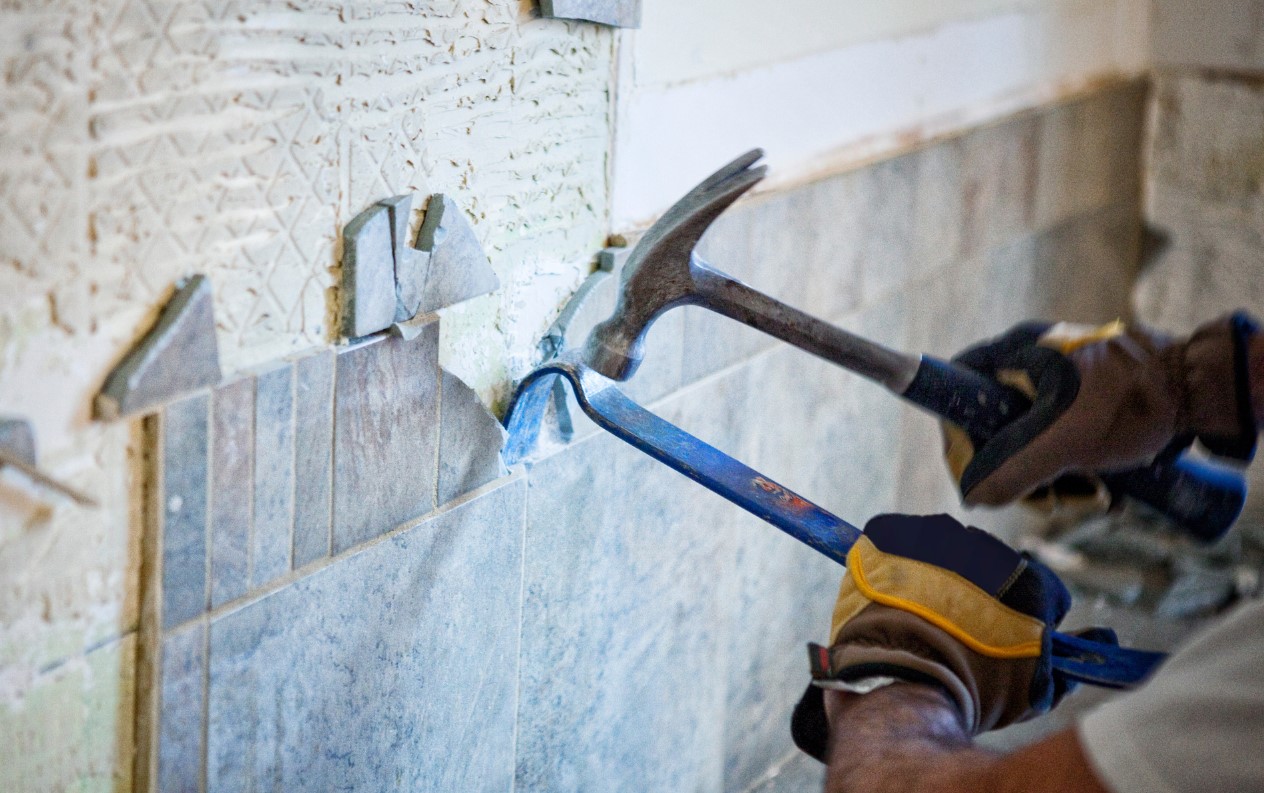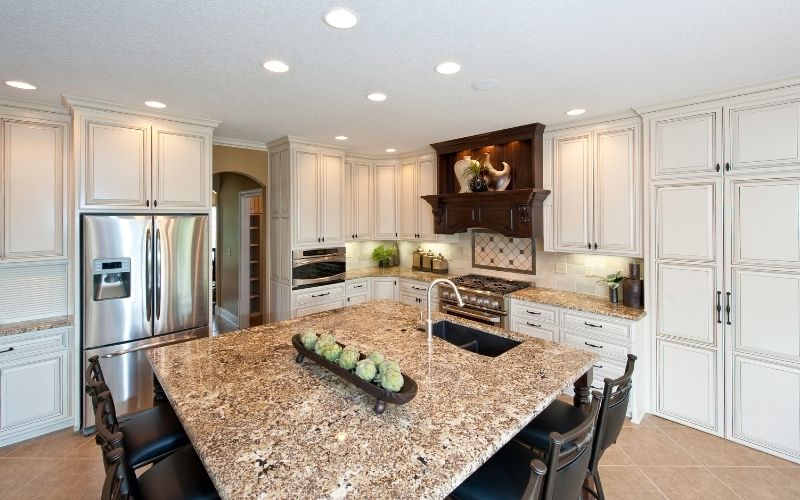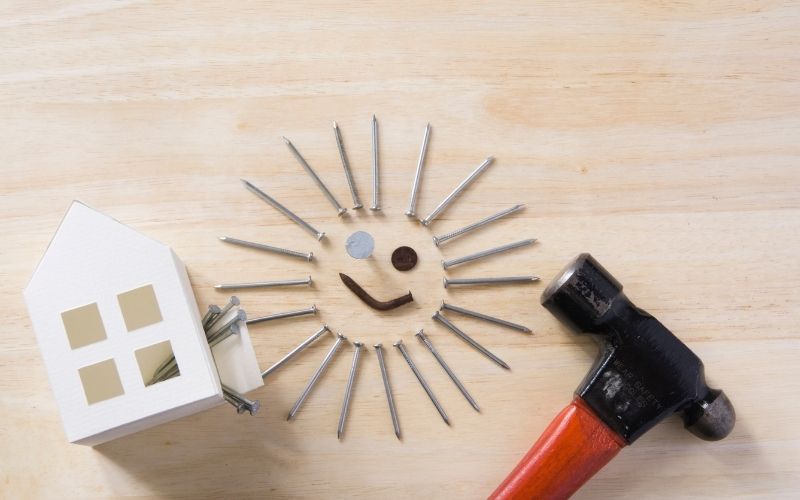Is Buying a Remodeled Home a Smart Move
 While watching shows like Property Brothers, Flip or Flop, Fixer to Fabulous, Fix My Flip and Fixer Upper may paint a rosy picture of buying a remodeled home, the reality often differs significantly. While these shows depict smooth transformations and stunning results, real-life experiences with remodeled homes can be far more complex and challenging.
While watching shows like Property Brothers, Flip or Flop, Fixer to Fabulous, Fix My Flip and Fixer Upper may paint a rosy picture of buying a remodeled home, the reality often differs significantly. While these shows depict smooth transformations and stunning results, real-life experiences with remodeled homes can be far more complex and challenging.
Many flipped houses come with hidden issues. Contractors sometimes prioritize speed over quality, resulting in careless workmanship. Despite the initial aesthetic appeal, problems may emerge months down the line.
While purchasing a flipped property can be enticing, thorough research is paramount. Here are some red flags to watch out for during your evaluation:
Unpermitted Work:
In full disclosure states like Texas, sellers must disclose all known information about the property, including upgrades and renovations. Even in non-disclosure states, requesting a list of renovations is advisable. It’s crucial to check whether the renovations were permitted, as most significant remodeling projects require permits. Unpermitted upgrades could indicate non-compliance with building codes, posing safety risks and complicating financing and insurance processes.
Reputation of the Flipper:
Before committing to a rehabbed home, investigate the entity responsible for the renovations. Determine whether they have a reputation for delivering high-quality work. Reputable flippers prioritize customer satisfaction and aim to maintain their standing in the industry. Conversely, lesser-known contractors may prioritize short-term gains over long-term customer satisfaction, potentially leaving behind shoddy workmanship and dissatisfied buyers.
Failed Inspection:
While a remodeled home may boast gleaming surfaces and modern amenities, its history might reveal a neglected past. Many remodeled homes suffer from prior neglect and significant disrepair, with contractors opting to conceal rather than address underlying issues. Hiring a competent home inspector is essential to uncover hidden problems and ensure the property’s structural integrity and safety.
Consulting with a trusted mortgage professional can streamline the financing process, enabling you to secure pre-approval and make informed decisions when selecting the right property.
While purchasing a remodeled home can be an attractive proposition, exercising due diligence and skepticism is crucial. By carefully evaluating potential red flags and seeking professional guidance, you can mitigate risks and make informed decisions in your homebuying journey.

 Today, there are many people who are having a difficult time purchasing a house. Even though interest rates have gone up, sales are still happening quickly. Therefore, it can be difficult for people to qualify for a mortgage, purchase a house, and get to the closing table before the property is sold. One potential way to get around the hot housing market is to consider a home renovation mortgage. How can a home renovation mortgage help you?
Today, there are many people who are having a difficult time purchasing a house. Even though interest rates have gone up, sales are still happening quickly. Therefore, it can be difficult for people to qualify for a mortgage, purchase a house, and get to the closing table before the property is sold. One potential way to get around the hot housing market is to consider a home renovation mortgage. How can a home renovation mortgage help you?  With many people spending more time at home, lots of homeowners are taking advantage of the opportunity to improve their houses. If you are thinking about making an upgrade to your house, you probably have a budget you would like to stick to. On the other hand, there are several home renovations you should splurge on if you want to maximize the return on your investment.
With many people spending more time at home, lots of homeowners are taking advantage of the opportunity to improve their houses. If you are thinking about making an upgrade to your house, you probably have a budget you would like to stick to. On the other hand, there are several home renovations you should splurge on if you want to maximize the return on your investment.